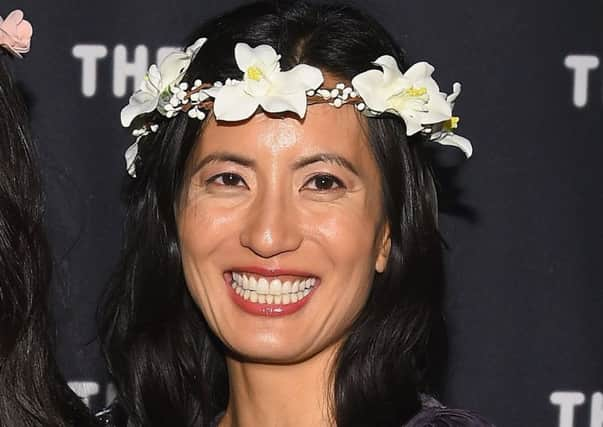Book review: The Farm, by Joanne Ramos


Joanne Ramos’ The Farm takes all of these ideas to the extreme, imagining a high-end baby factory for rich couples which reduces the women carrying the babies to mere vessels. The concept reminded me of Helen Sedgwick’s recent novel The Growing Season: both books look at alternative ideas of pregnancy and birth, and although The Farm is less futuristic than Sedgwick’s tale, it is nevertheless jaw-dropping – perhaps because, lacking the more speculative aspects of Sedgwick’s novel, it could very easily be real.
Jane is a Filipino immigrant living in the US. A single mother of a baby daughter, Amalia, she is struggling to live in a shared dormitory with her aunt, Ate, who is a respected baby nurse for rich families.
Advertisement
Hide AdWhen her aunt takes ill, Jane has to step in and gets a taste for the kind of prosperity which would allow her to offer her daughter opportunities in the future. However, she is forced to leave the family when she takes her responsibilities for their young son, Henry, a step too far.
She is subsequently told by Ate about the “farm” of the title, where paid surrogates live while carrying their wealthy clients’ babies. “The work is easy and the money is big!” Ate tells her.
However, the farm, called Golden Oaks and pitched as a luxury existence for its “hosts” – a group of carefully hand-picked surrogates – has a Nineteen Eighty-Four feel to it. Surrogates are monitored 24 hours a day and a single step off a marked path can land them in trouble. They have to exercise a certain amount, eat the right things and be subject to psychiatric assessments if their “co-ordinators” believe they are veering off piste.
The “clients” – the families who cannot or do not want to carry their babies themselves – have the right to control the hosts. It is up to them to decide whether Jane is allowed visits from her daughter, or what activities she is allowed to take part in. The hosts do not have a biological connection to the baby, but many families insist on having graduates to carry their babies, or screen women for their attractiveness.
Jane befriends two other hosts, Reagan and Lisa. Both are white women who have taken on surrogacy for different reasons, but, unlike many of the other hosts who are immigrants or from a racial minority, they have a cynicism about the centre’s motives.
Told in turns from the points of view of various different characters, the novel occasionally reads more like a short story collection, while the character of Jane feels somewhat detached at times – yet this works. Like the staff at Golden Oaks, at times we come to see her as a cipher, a carrier, rather than a human being. It is when she allows her personal life and feelings to intrude on this ordered, sterile existence that things begin to go wrong.
Advertisement
Hide AdAlthough at times slightly heavy-handed in its moralising, the novel’s main takeaway is clear: while the world of The Farm may currently be fictional dystopia, it could conceivably become reality. A terrifying thought. - Jane Bradley
The Farm, by Joanne Ramos, Bloomsbury, 336pp, £12.99